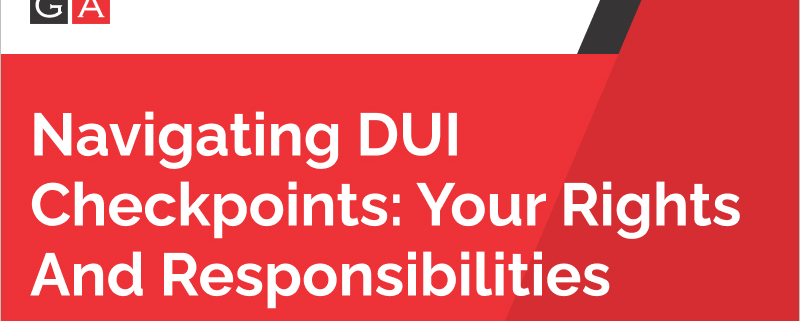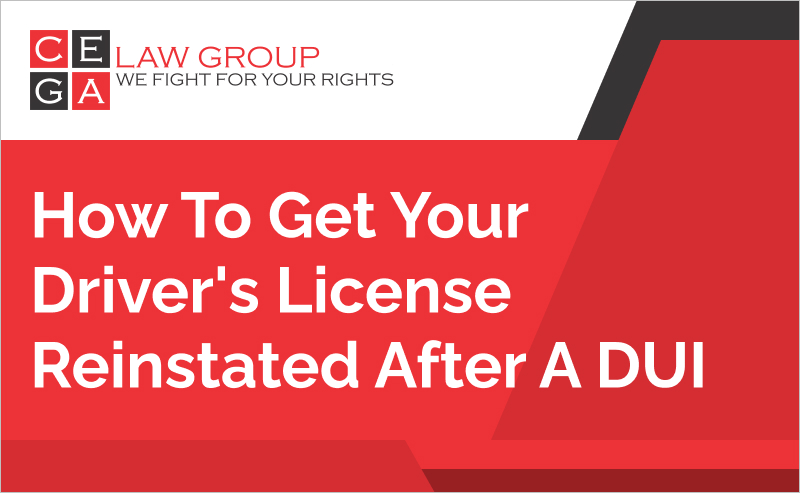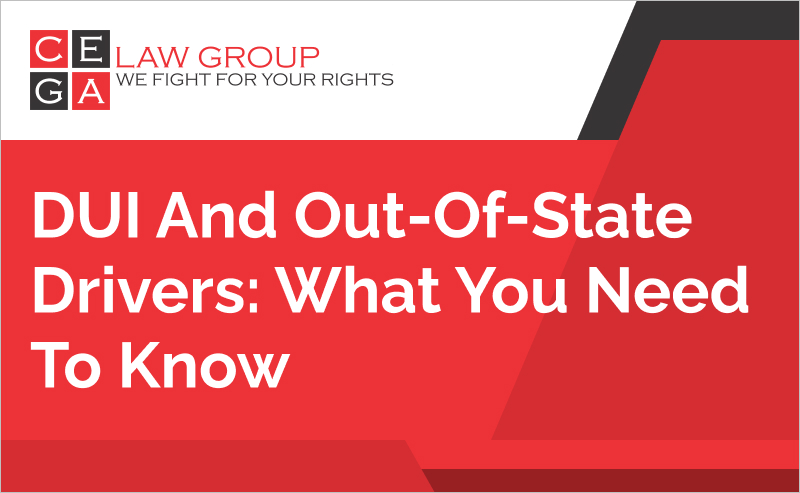Navigating DUI Checkpoints in Nevada: Your Rights and Responsibilities
Driving Under the Influence (DUI) checkpoints are a common law enforcement tool used to deter and detect impaired driving. If you find yourself approaching a DUI checkpoint in Nevada, it’s essential to understand the legal framework, know what to expect, and be aware of your rights and responsibilities. This knowledge can help you navigate the checkpoint smoothly while protecting your rights.
Legal Framework for DUI Checkpoints in Nevada
In Nevada, DUI checkpoints are legally permissible under both state and federal law. However, they must adhere to specific guidelines to ensure they are conducted constitutionally. The primary legal framework governing DUI checkpoints in Nevada includes:
-
Advance Public Notice
Law enforcement agencies must provide advance notice to the public about the establishment of DUI checkpoints. This notice is usually given through media outlets or public announcements. The purpose is to inform drivers of the checkpoint to ensure transparency and discourage impaired driving.
-
Neutral Location Selection
The location of a DUI checkpoint must be chosen based on neutral criteria, such as areas with a high incidence of DUI-related accidents or arrests. Law enforcement cannot arbitrarily select locations that may unfairly target specific groups or individuals.
-
Objective and Non-Discriminatory Procedures
Officers at a DUI checkpoint must follow objective and non-discriminatory procedures when stopping vehicles. This means that every third, fifth, or another predetermined number of vehicles must be stopped. Arbitrary or random stops are not permitted.
-
Minimal Intrusion
The intrusion to drivers must be minimal. This means that the time taken to stop each vehicle should be as short as possible, typically just long enough to check for signs of impairment and verify the driver’s license and registration.
-
Clearly Marked Checkpoints
The checkpoint must be clearly marked with signs, lights, and the presence of uniformed officers to ensure drivers are aware they are entering a DUI checkpoint.
What to Expect at a DUI Checkpoint
Understanding what to expect at a DUI checkpoint can help reduce anxiety and ensure a smooth interaction with law enforcement officers.
-
Initial Stop
As you approach the checkpoint, you will see signs and lights indicating the presence of a DUI checkpoint. Officers will direct you to stop your vehicle and may ask for your driver’s license, vehicle registration, and proof of insurance.
-
Brief Interaction
During the interaction, the officer will observe you for signs of impairment, such as slurred speech, bloodshot eyes, or the smell of alcohol. They may ask you a few questions about your recent activities or where you are coming from.
-
Sobriety Tests
If the officer suspects you may be under the influence, they may ask you to perform field sobriety tests or submit to a preliminary breath test (PBT). These tests are voluntary in Nevada, but refusing them may result in further investigation or arrest.
-
Proceed or Further Investigation
If the officer does not observe any signs of impairment, you will be allowed to proceed. However, if there is reasonable suspicion of DUI, you may be directed to a secondary screening area for further investigation.
How to Protect Your Rights During a Checkpoint Stop
Protecting your rights during a DUI checkpoint stop is crucial. Here are some key steps to take:
-
Stay Calm and Composed
Remain calm and composed throughout the interaction. Nervous or erratic behavior can raise suspicion and lead to further questioning.
-
Provide Required Documents
Promptly provide your driver’s license, vehicle registration, and proof of insurance when asked. These documents are legally required and must be presented upon request.
-
Exercise Your Right to Remain Silent
You have the right to remain silent beyond providing basic identification information. Politely decline to answer any questions that may incriminate you by saying, “I prefer not to answer any questions without my attorney present.”
-
Know Your Right to Refuse Field Sobriety Tests
In Nevada, field sobriety tests and preliminary breath tests are voluntary. You have the right to refuse these tests, but do so politely and clearly. Be aware that refusal may lead to further investigation or arrest.
-
Request Legal Representation
If you are detained or arrested, immediately request to speak with an attorney. Contacting a DUI defense attorney as soon as possible can help protect your rights and ensure proper legal representation.
-
Record the Encounter
If possible, record the encounter with your phone or dashboard camera. This can provide valuable evidence if there are any disputes about the legality or conduct of the checkpoint stop.
Conclusion
Navigating a DUI checkpoint in Nevada requires a clear understanding of the legal framework, awareness of what to expect, and knowledge of your rights and responsibilities. By staying calm, providing necessary documents, exercising your right to remain silent, and seeking legal representation when needed, you can protect your rights and ensure a fair interaction with law enforcement officers. If you or a loved one is facing DUI charges, contact CEGA Criminal Law Group for expert legal assistance and a strong defense strategy.
 Call Now:
Call Now: info@cegalawgroup.com
info@cegalawgroup.com










